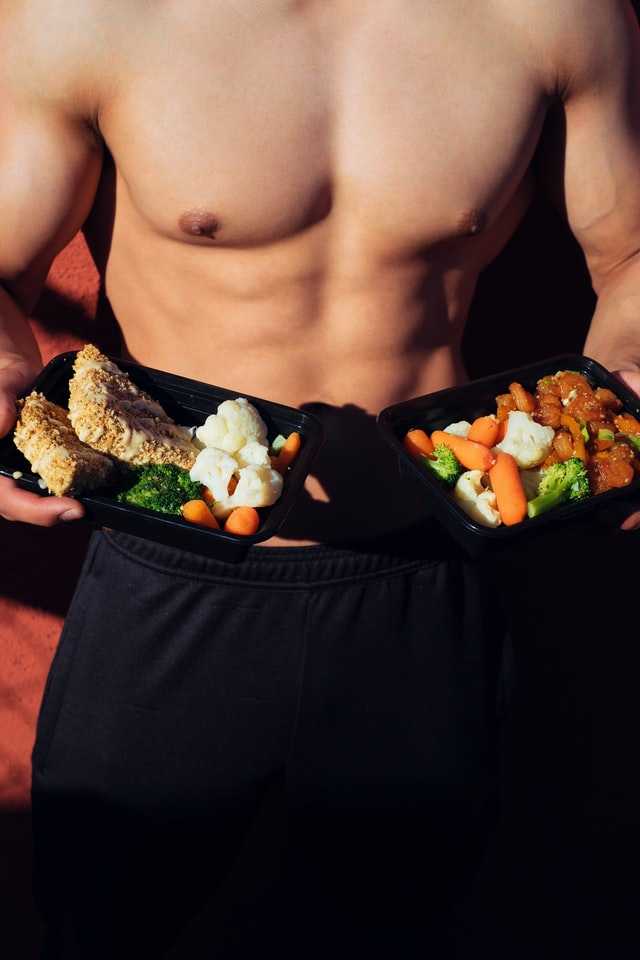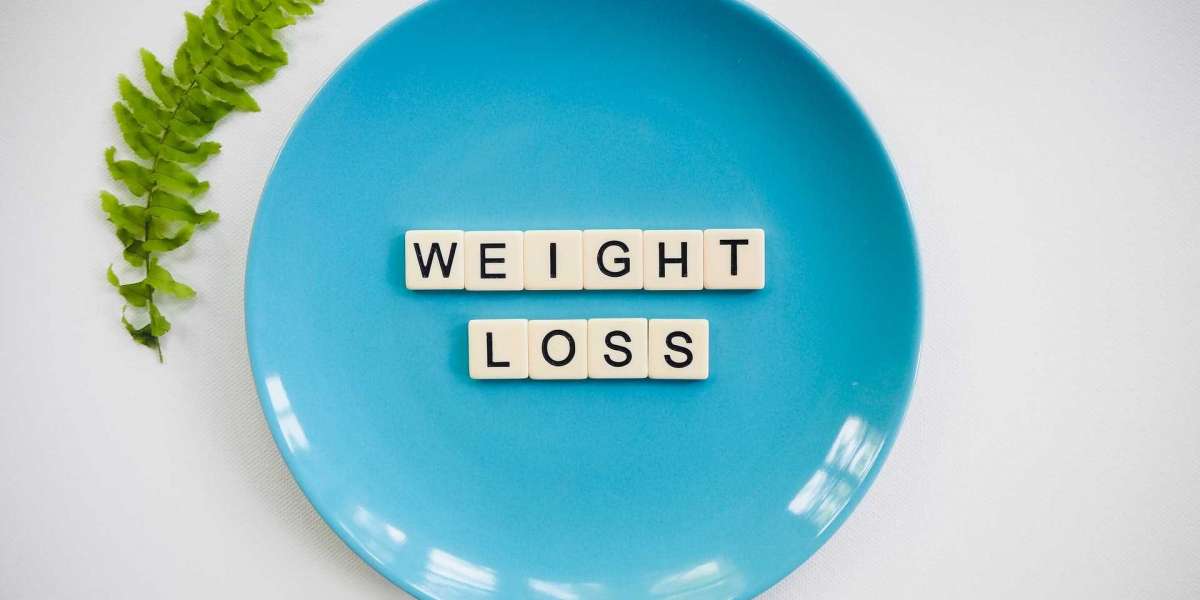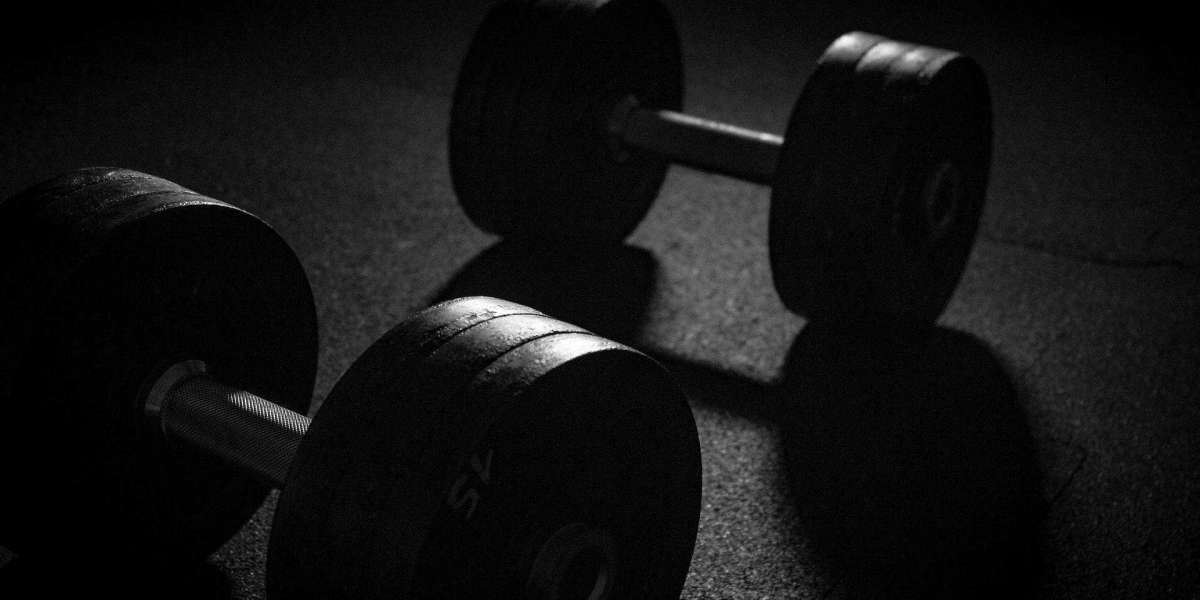The first error is not having a calorie deficit.
If you don't have a calorie deficit, no matter how "clean" you eat or how much you exercise, you'll never lose weight.
It operates as follows:
You will put on weight if you consume more calories than you burn. You will lose weight if you eat less calories than you burn.
It is a proven scientific truth. [1]
As an illustration, Mark Haub, a professor of human biology at Kansas State University, consumed protein drinks, Twinkies, Oreos, and Doritos over the course of two months while still eating within a moderate calorie deficit.
MORE ARTICLES
What Size Glasses Are Right for Your Face?
Eight bad mental habits that will ruin you
Steps to Take After the Interview to Improve Your Chances of Getting the Offer
The outcome?
By eating junk food and being in a calorie deficit, he shed 27 pounds in two months. Although we don't recommend that you adopt such a diet because it's bad for your health, it does serve to illustrate my point.
The second error is adopting an excessive calorie deficit.
If you can become lean with a daily energy deficit of 300 calories, you should lose weight three times as quickly with a daily energy deficit of 900 calories.
Wrong!
For four reasons, a large calorie restriction will not only not result in superior fat reduction but will also hinder your progress:
Your metabolism will slow down as a result, which means you'll burn less calories each day. This puts you at risk of gaining back all of the weight you've lost once you stop the diet.
Extreme dieting results in a significant loss of muscle, which impairs metabolism.
Your appetites become out of control, increasing your likelihood to stray from or possibly abandon your diet plan.
It severely damages the health of your hormones. For instance, it increases levels of the "stress hormone" cortisol, which promotes muscular atrophy and inhibits fat burning.
Low-calorie diets are therefore doomed to failure. Even while you might lose a little weight in the beginning, if your resolve wanes, you'll gain back the weight you've lost. On top of that, you'll probably put on some weight.
Third error: Assuming that all calories are created equal.
As already mentioned, losing weight requires a calorie deficit. But this does not imply that all calories are the same!
You see, the majority of us work to make ourselves look better. And in order to do this, fat loss rather than weight loss is the key.
It's crucial to think about the sources of your calories if you want to lose fat.
For instance, if you don't get enough protein, a large portion of the weight you lose will come from your muscles.
On the other hand, if you make sure you get enough protein in your diet, you'll keep your muscle mass, and a large portion of the weight you lose will come from true body fat.
In addition, eating the correct foods is crucial for sticking to a diet. Simply said, some foods are more filling than others, making it simpler to stick to a diet when you eat such filling items.
For this reason, you should follow a diet that features an optimum food selection, one that is based on your unique circumstances and objectives.

Mistake #4: Adopting an excessively rigid, unrealistic diet
There is a limited amount of willpower available before it runs out, just like a battery. And for this reason, restrictive diets frequently wind up failing over time.
They eventually sap your willpower, which leads to bingeing and causes you to undo all of your efforts.
I've seen it countless times before: a person who is committed to slimming down and improving their health. He or she begins to eat only things like chicken, asparagus, and tilapia.
While the initial results are encouraging and the dieter faithfully brings their Tupperware boxes filled with "healthy" meals wherever they go, it only lasts for a few period before their willpower - and thus their diet - go out the window.
The answer?
For frequent fat loss mistakes like the four listed above, I've developed a personalized meal planning service.
I've collaborated with qualified nutritionists, personal trainers, and chefs to design excellent keto meal plans that are personalized for you, efficient, practical, affordable, and pleasurable.
These individualized meal plans were created using the most recent nutritional science, allowing you to improve your health and physique as quickly and easily as possible.



Mimi 7 w
Interesting